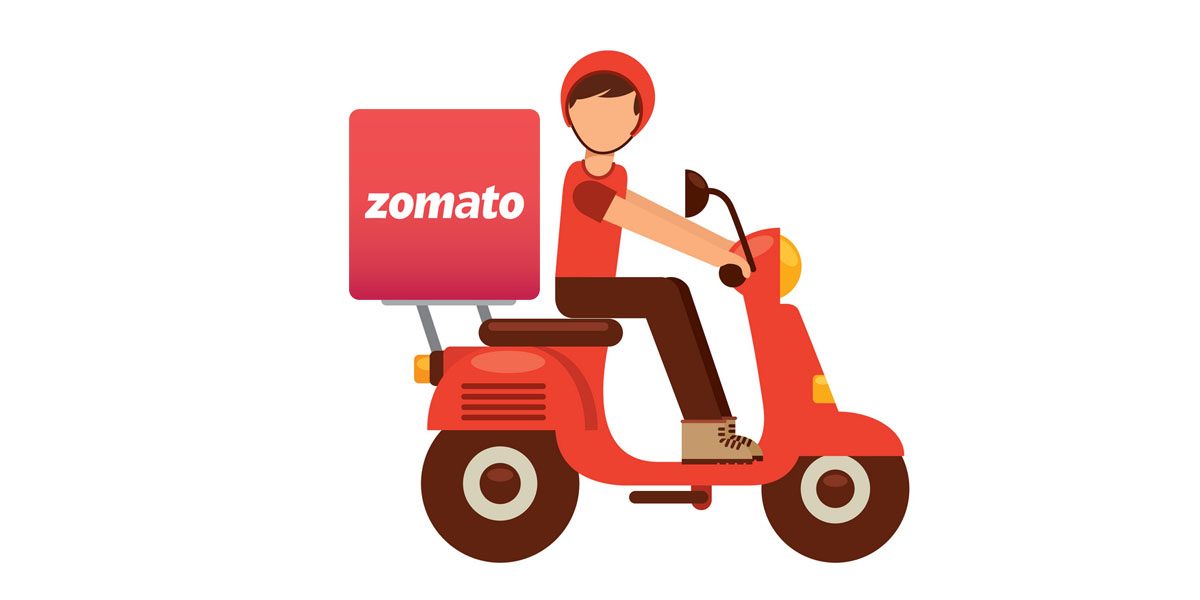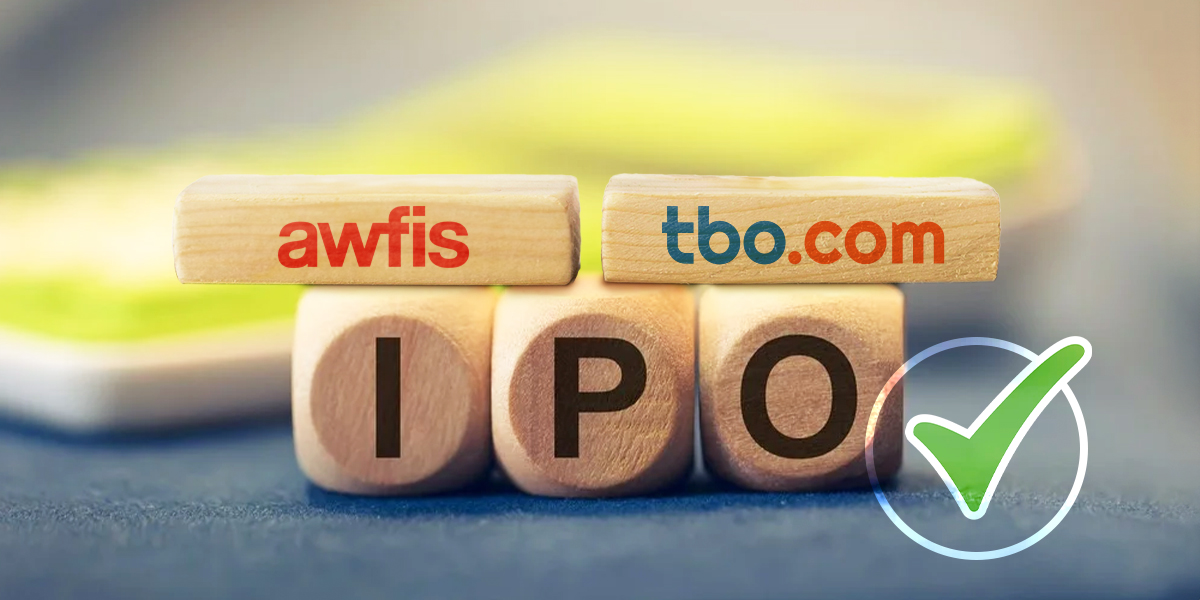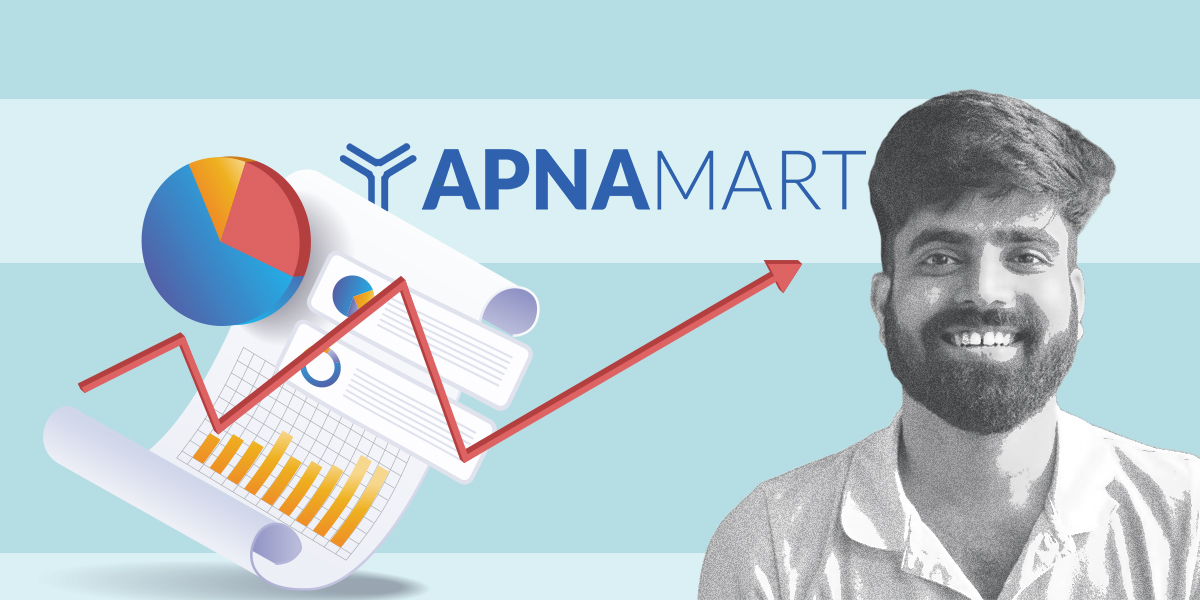The Food Safety and Standards Authority of India (FSSAI) has issued a notice to online food delivery firm Zomato asking it to get a food safety licence for their operations.
Citing section 31 of The Food Safety and Standards Act, 2006, FSSAI said no person or firm can carry out any food business without licence. The autonomous body further said even though the firm does not make food it’s accountable for the safety of food products.
Zomato has also been asked to provide lists of the food manufacturers and medical certificates of all the employees along with their FSSAI licences and registration numbers.
FSSAI has given a week time to Zomato to file a response.
A decade-old venture is a full-stack food platform that lets users discover restaurants, make a table reservation and facilitate on-demand delivery. For restaurants – it helps in sourcing grocery, fruits & vegetables, logistics, and driving footfalls (via subscription such as Zomato Gold).
Earlier, FSSAI CEO had announced some new guidelines under which even food delivery chains need to procure relevant licences, according to TOI report.
This is to ensure that last-mile delivery is undertaken safely by trained personnel and the safety of food products is not compromised at the time of delivery.
It’s worth noting that in December last year a delivery executive of Zomato found consuming food out of the boxed orders in Madurai. The incident triggered concerns over the lack of safety measures factored as far as food supplied to end consumers by the aggregator is concerned.
Zomato in a response to Entrackr queries said that it has already applied for a licence for its operations in Dehradun as well as other cities. The company will ensure that it is fully compliant with the directives set by FSSAI.
It further said that the company is fully committed to providing food quality, restaurant hygiene and our overall services every single day. At present, it claims to have the Food Hygiene Ratings of over 10,000 restaurants, which translate to over 80 per cent of the volume for its online ordering business, live on the platform.
Laying emphasis on awareness, FSSAI had earlier launched the Eat Right Movement, aimed at getting citizens to choose healthier food and dietary options and also ensuring food safety.
The campaign, as well as FSSAI’s increasing screening, led food tech firms including Zomato to delist non-licensed and non-compliant restaurants.
Recently, Zomato introduced Review Bounty Programme (RBP) to weed out fake reviews and bar abusing restaurants and reviewers. It already removed around 300 users on the pretext of illegal and unethical practices.
(Update: The post has been updated with Zomato response)













